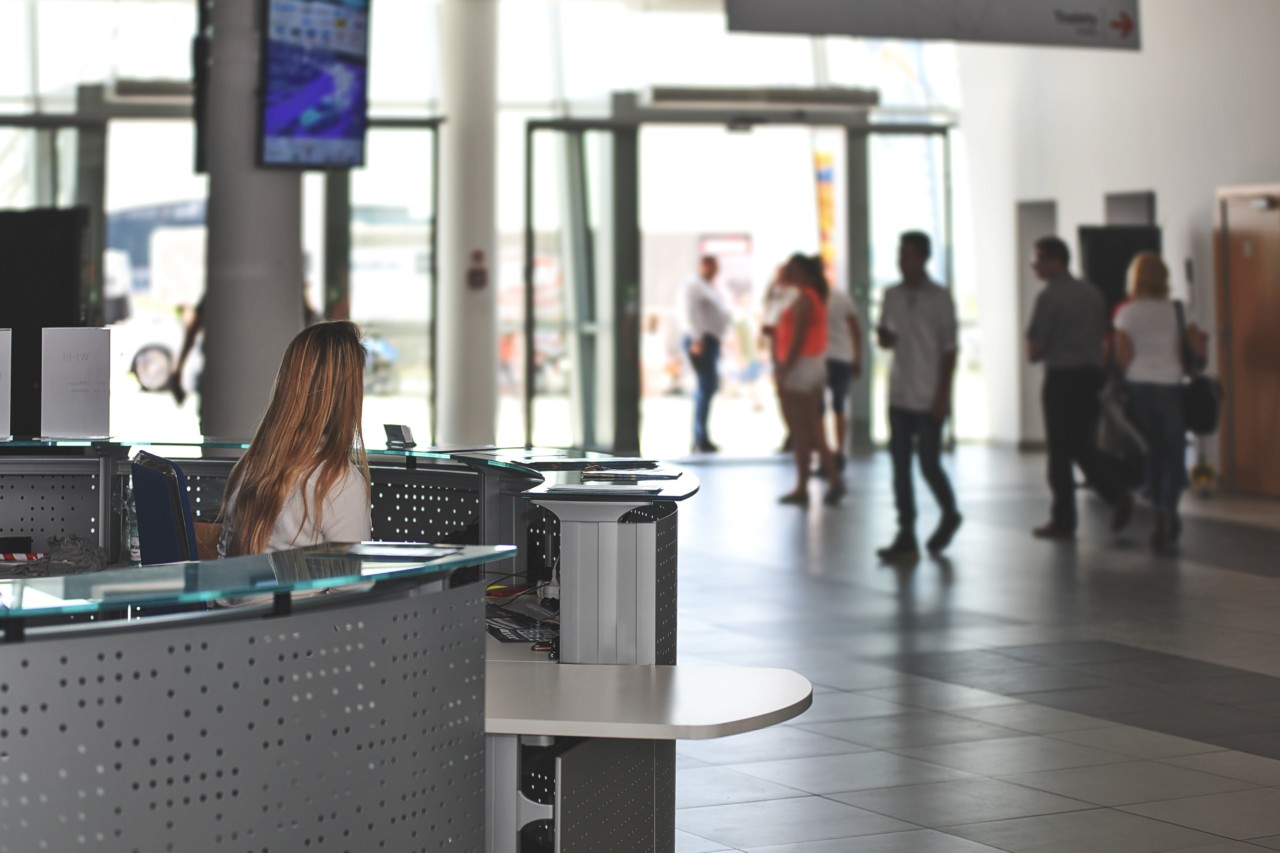At the start of the new academic year, in a bid to restrict the spread of coronavirus universities imposed strict rules on students living in halls of residence. In some instances the new regulations amount to a local lockdown. Many students have been left with no guidance on how to access resources or even get food. Without warning, they’ve been told to remain in their accommodation except in a medical emergency.
Some universities have opted to have security staff, and even police in some cases, monitoring students. Many students are living under curfew: at the appointed hour they must stay in their rooms until morning. Students are also discouraged from returning home to visit family, and the UK government is reportedly considering requiring students to self-isolate at Christmas.
These lockdowns are not only physically restrictive and psychologically difficult, they could also potentially prove fatal.
Every year hundreds of thousands of students flock to university preparing to have the time of their lives. For most first years, this is their first time living away from parents and loved ones. Even in normal circumstances, this proves too much for a significant minority, and the toll it takes on their mental health can drive them to extremes.
According to the Office for National Statistics, in 2017 the rate of suicide among university students in England and Wales was 4.7 deaths per 100,000 students, which equates to about one death every four days.
With new rules restricting socialisation and the worrying prospect of being locked into student accommodation until 2021, there may be huge spikes in these already far too high numbers.
If we do see such spikes, it will be due to the neglect of higher education students amid this pandemic. Students were told it was safe to go back to campus and encouraged to move into halls and shared accommodation despite most classes being taught remotely.
Many students feel they are now being punished for following the directions they were given. But who will be punished for the potential consequences?




